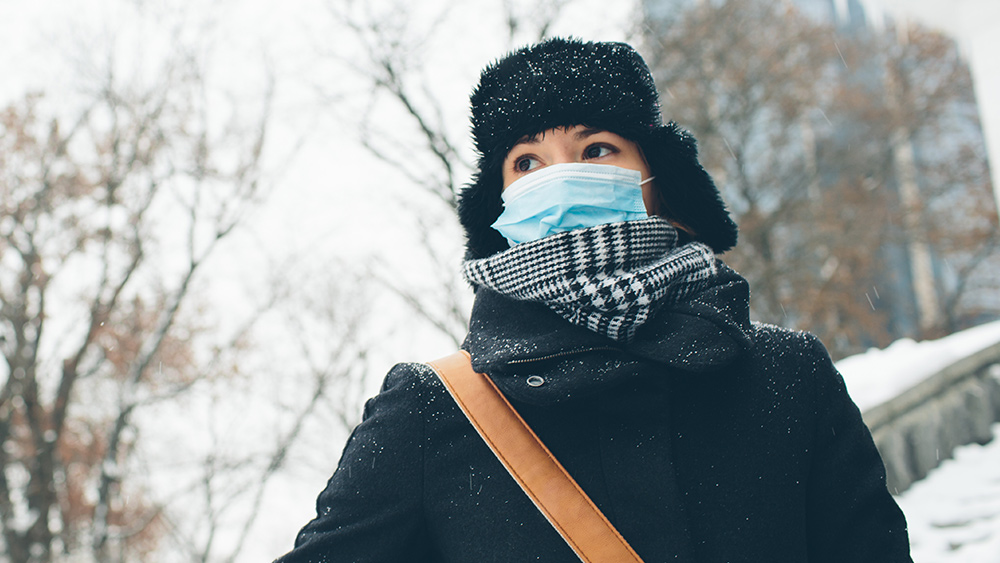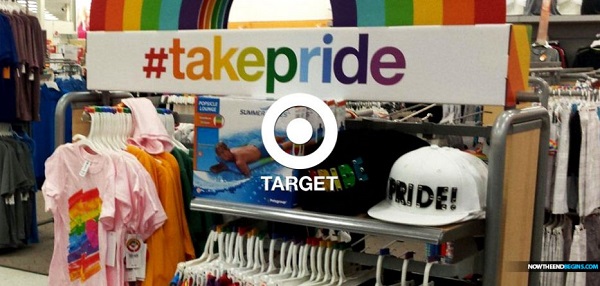
Risk of COVID-19 infection through clothing is low
While there's still a lot that isn't known about the coronavirus, experts agree that there's a low risk of infection through your clothes.
“There’s a lot we don’t know about this virus, and we are learning more about it every day. But this is our current understanding: If you are out for a run in your neighborhood or making a quick visit to the grocery store, it is highly unlikely that you would contract COVID-19 via your clothes or shoes,” Dr. Vincent Hsu, preventive medicine physician at AdventHealth in Orlando, told Healthline. “We don’t believe shoes or clothing are a significant source of transmission.”
Hsu also stated that there have been no documented cases of COVID-19 being transmitted via clothing and shoes at this point.
The coronavirus spreads from person to person through respiratory droplets. The most likely means of direct transmission is through an infected individual coughing and sneezing in close proximity to you.
However, you're probably aware that the coronavirus is capable of surviving outside the human body on different surfaces. You can still get infected if you touch these surfaces, and then you touch your mouth or nose. (Related: How long does coronavirus last on surfaces? (And how to clean and disinfect surfaces properly).)
Depending on the type of surface involved, scientists estimate that the virus can survive from a few hours up to a few days.
However, while metal and plastic can host the virus for up to three days, your clothes are not considered to be a material conducive to its survival.
“Our best studies in this area are with influenza and other previously known viruses, but clothing, in general, is not thought to be the best incubator of viruses,” said Dr. Kathleen Jordan, vice president at CommonSpirit Health, to Healthline.
Moisture and humidity play a significant role in whether or not a virus can survive outside the body. The nature of most materials used for your clothes is not conducive to this.
“Clothing is usually more of a mesh than a hard surface, which could potentially aerate the environment more readily,” stated Jordan.
When to wash your clothes for coronavirus
While the transmission of the virus through your clothes is unlikely, experts agree that there are still a few scenarios where laundering them immediately is a good idea.
If you're frequently in close proximity or even taking care of someone with COVID-19, then washing your clothes often is an essential part of preventive hygiene. Doubly so if you're a healthcare worker.
Meanwhile, the average trip to the grocery shouldn't require you to do the laundry as soon as you get home. However, if you haven't been able to keep a safe social distance from others, or worse, were near someone who coughed or sneezed within your immediate vicinity, then washing your clothes would be a good idea.
When you do wash your clothes, you really don't need to take any additional effort to kill the coronavirus. Most household detergents should do the job. However, for a more in-depth look, the EPA also maintains a list of detergents and cleaning products that can help kill the coronavirus.
That said, things such as keeping your hands clean and avoiding touching your face are more important than laundering your clothes.
“We do know that social distancing is our most effective means of controlling transmission. So going to the grocery store obviously is a break in our usual patterns of social distancing,” stated Dr. Jordan. “To take extra precautions you would certainly use hand hygiene going in as well as going out and management of anything that could potentially have been touched or handled by other persons. Any hygiene you can add to that practice is additive.”
Sources include:
Please contact us for more information.























